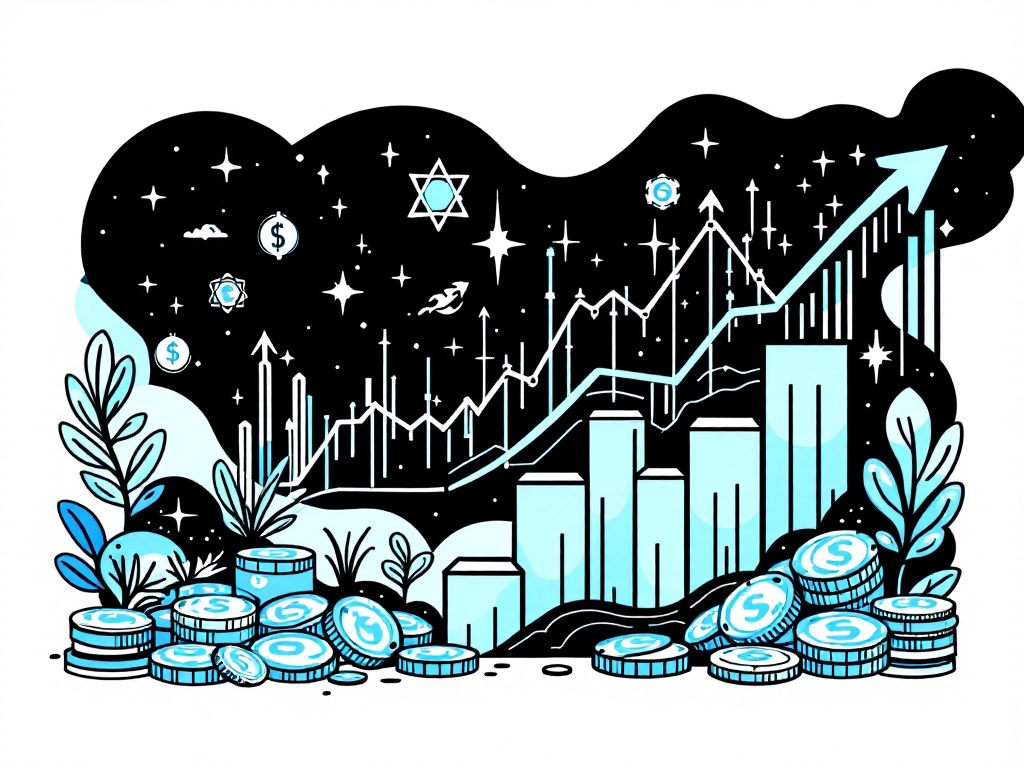Israel's Economic Growth Defies Wartime Challenges in 2024

Israel, Tuesday, 18 February 2025.
Israel’s GDP grew by 1% in 2024, surpassing forecasts. Despite conflict, the recent 2.5% quarterly growth highlights economic resilience, potentially impacting global market perceptions.
Military Spending Drives Growth
Despite ongoing conflicts, Israel’s economy demonstrated remarkable resilience in 2024, with GDP growth reaching 1% [1][3][4]. This performance exceeded initial forecasts from major institutions, including the Bank of Israel’s 0.6% projection and the Finance Ministry’s 0.4% estimate [1]. The growth was primarily sustained by a substantial 13.7 % increase in government spending [1][3], with defense expenditure surging by 43.3 % [1] in response to military operations.
Economic Impact of Conflict
The business sector faced significant challenges, recording a -0.6 % decline in 2024 [1][4]. Per capita GDP experienced a -0.3 % contraction [3][4], reflecting the economic strain of the conflict. The construction sector was particularly affected, with a sharp -13 % decline [1], while the technology sector saw its GDP decrease by -4.3 % [1]. These setbacks occurred against the backdrop of Israel’s position as a global tech hub, home to the second-largest number of startup companies worldwide after the United States [2].
Signs of Recovery
The fourth quarter of 2024 showed promising signs of economic recovery, with annualized growth reaching 2.5% [1][3]. This improvement was driven by a 9.5 % surge in private consumption and a 14.7 % increase in fixed asset investment [1]. Looking ahead, the Bank of Israel projects more robust growth of 4% in 2025 and 4.5% in 2026 [4], indicating potential economic stabilization as the region moves toward peace [4].
Global Market Implications
Despite wartime challenges, Israel maintains its position as the 26th largest economy globally by nominal GDP [2]. The economy’s resilience during conflict, particularly in maintaining growth despite adverse conditions, could influence international investor confidence in markets facing geopolitical tensions [GPT]. However, ongoing regional tensions, including disruptions to shipping routes in the Red Sea, continue to present challenges to sustained economic recovery [2].